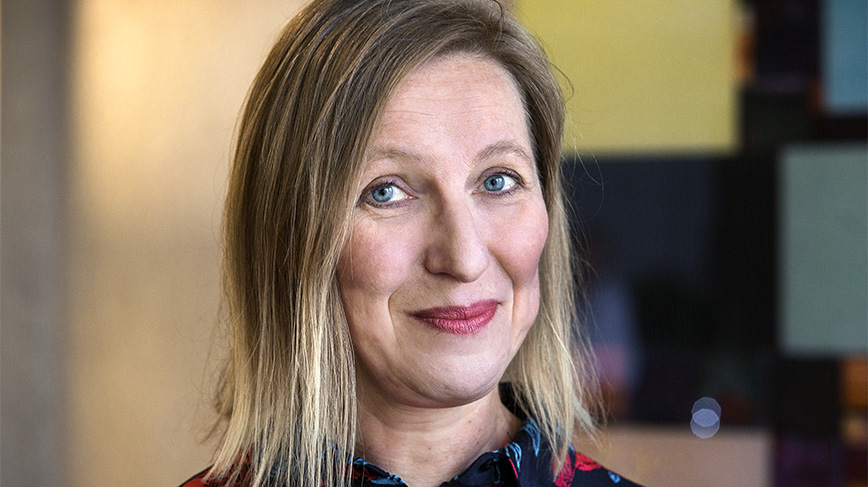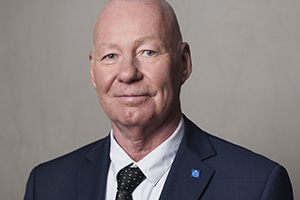Next stage in development of support services

Following mapping and analysis, the development of joint, coordinated support services (VS) is now entering the next stage with an action plan.
“This will make the process more concrete and operationally bound,” says Kerstin Jacobsson, University Director at KTH, who made the decision on the action plan.
The action plan shows the way ahead for the development process and identifies where development efforts are needed. These were defined in various stages with a mapping process, analysis and prioritisation, followed by suggestions for development in the seven support areas: education administration, research and innovation, HR, finance, infrastructure, communications, and management support.
Long list
“The point of departure is that support development should be guided by needs. The action plan is a dynamic document that may need adjusting over time. It will enable us to better plan our development efforts, and for example to highlight and deal with dependencies between the areas and with other ongoing projects,” says Jacobsson.
There is a long list of prioritised support efforts and they will have to be dealt with over time. More immediate measures include improving the process for exam invigilators in education administration, and developing administrative support in the research process.
“We also have a lot of other development processes under way simultaneously, such as The Future of Education and the campus review, so it is positive – and indeed exciting and challenging – to see the organisational capacity we already have,”says Jacobsson.
Five principles

Support services and their development are to be based on five principles: operational benefit, close to operations, involvement and participation, work culture for renewal, and mutual respect.
“The principles are a good foundation on which to gauge everything from ongoing efforts to individual projects and more far-reaching initiatives,” says Jacobsson.
How can the action plan be put into practice?
“By getting started on the various development projects, and then assessing and following up on the results.”
President Anders Söderholm comments:
“We have a lot of development processes under way, so it’s important that we stay motivated and keep making progress. It’s great to see that we’re now taking more concrete steps to even more efficient, higher-quality support services, with genuine benefits in the day-to-day operation.”